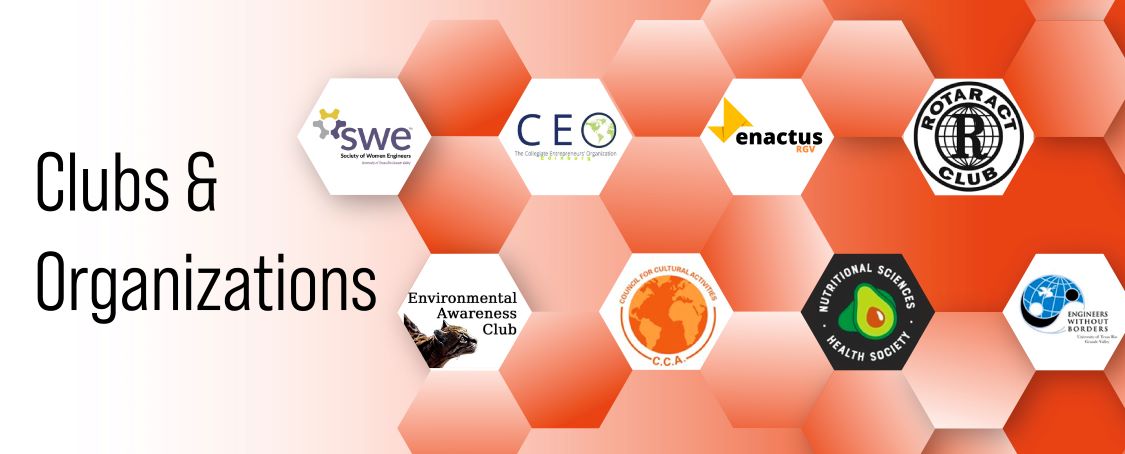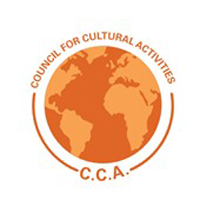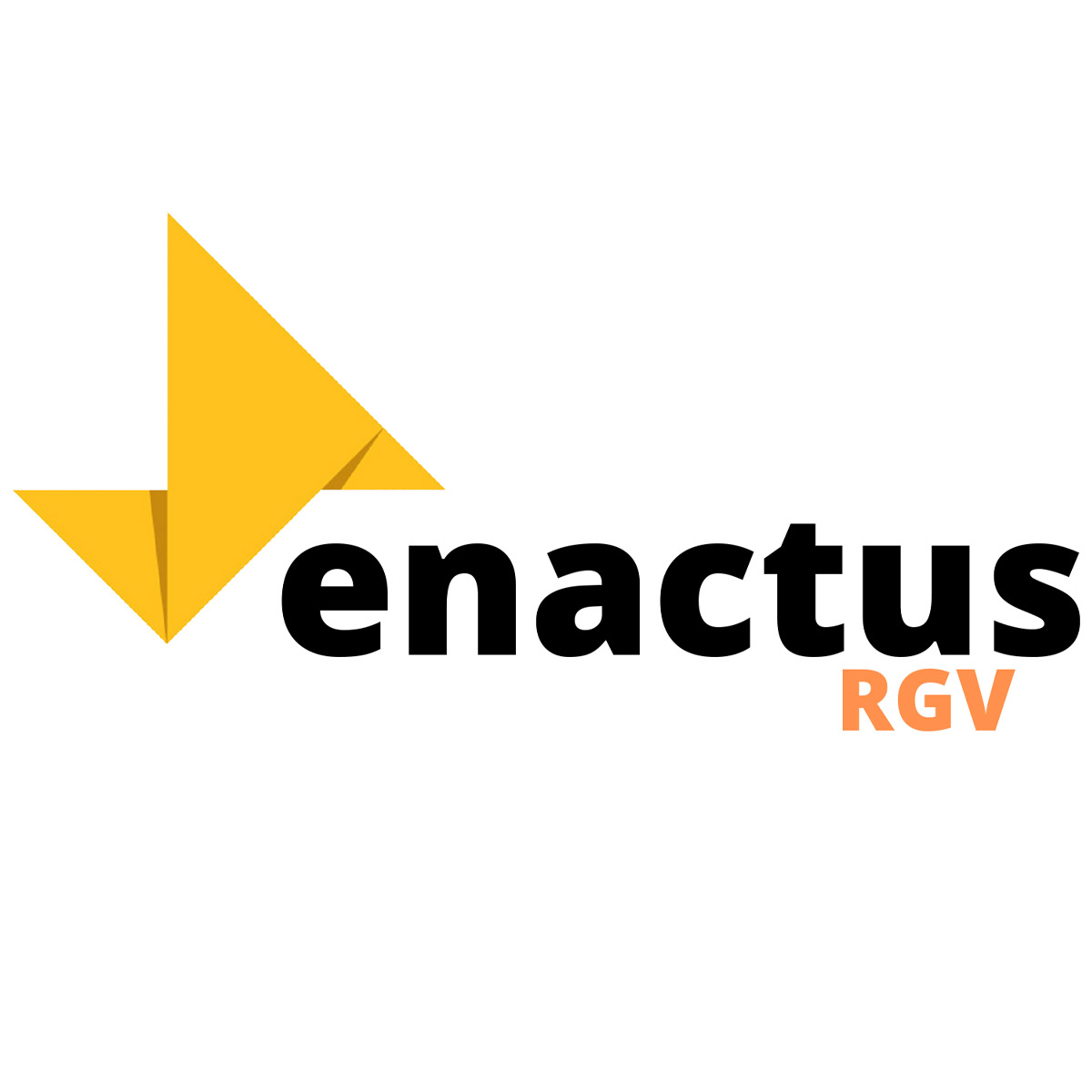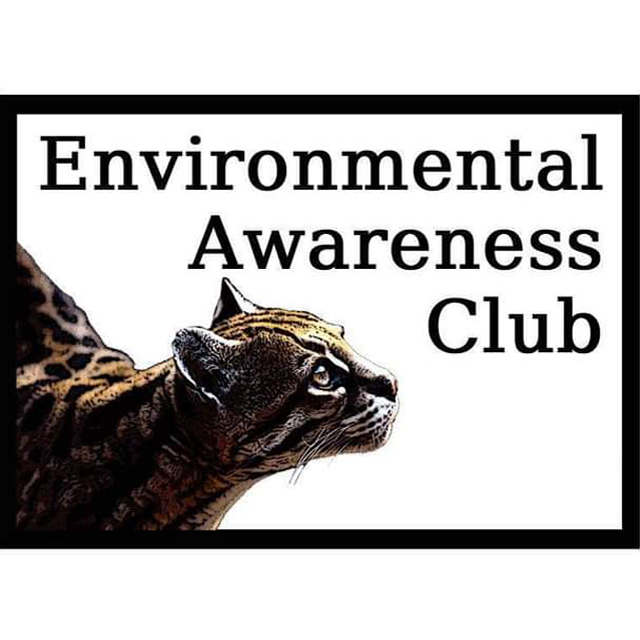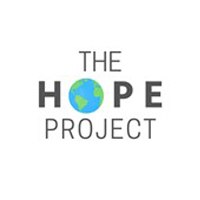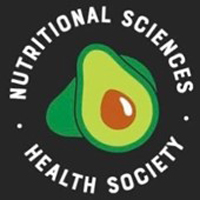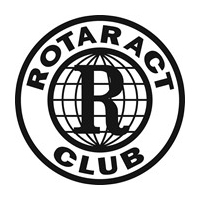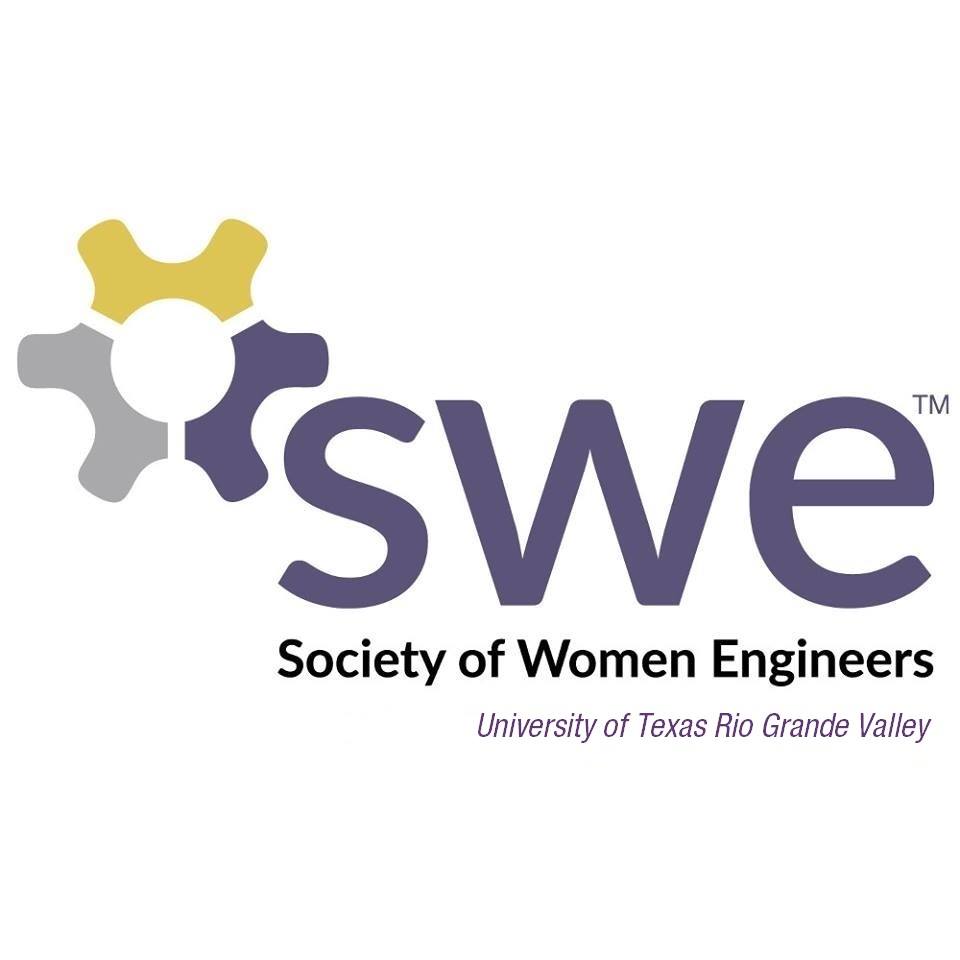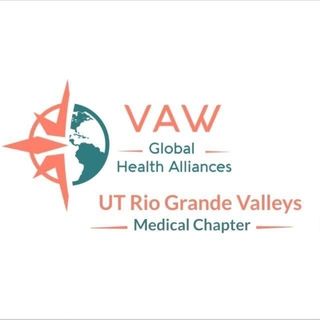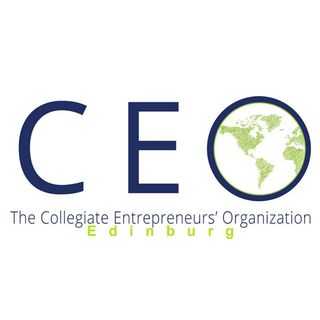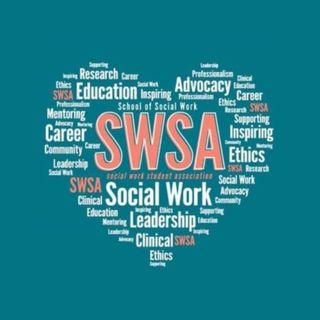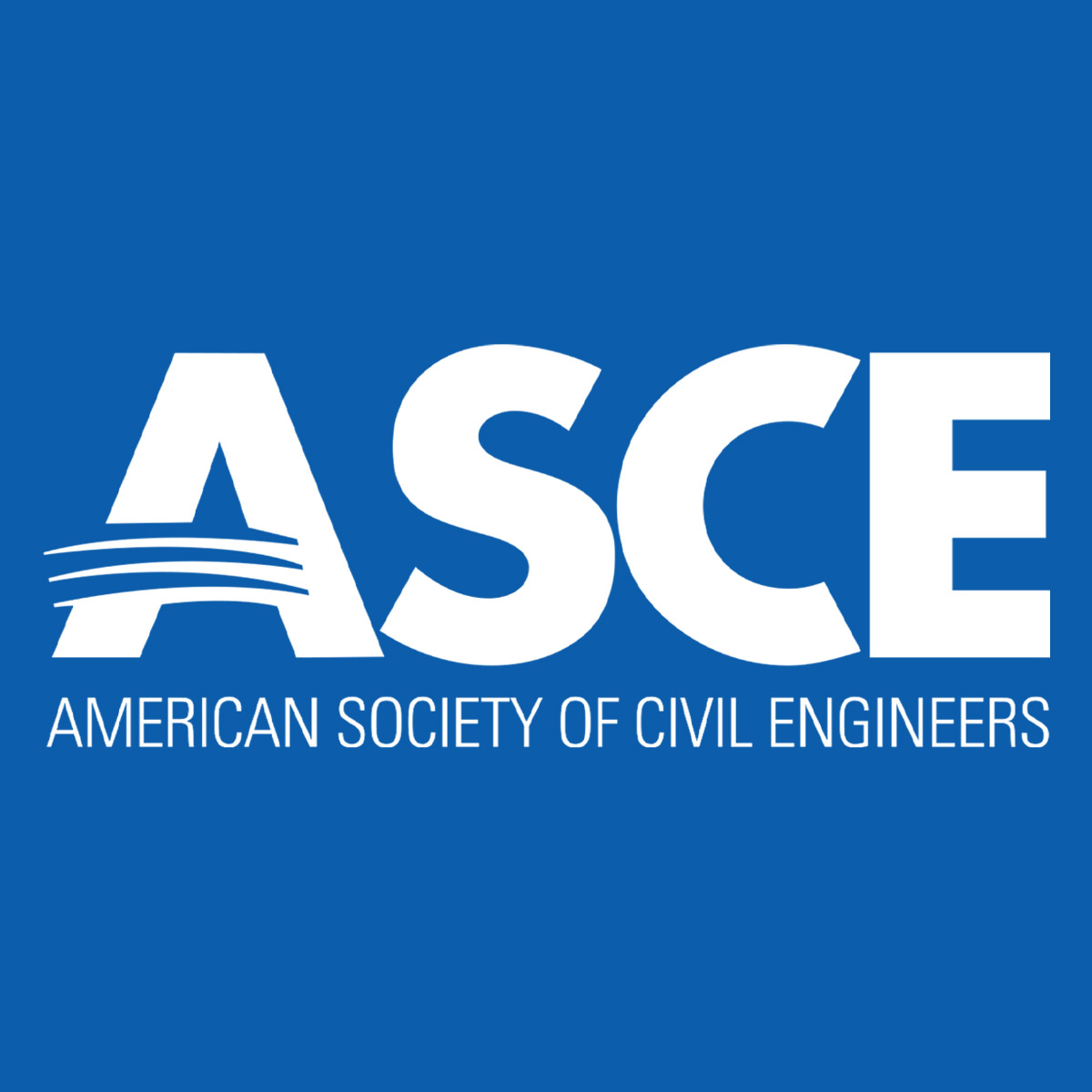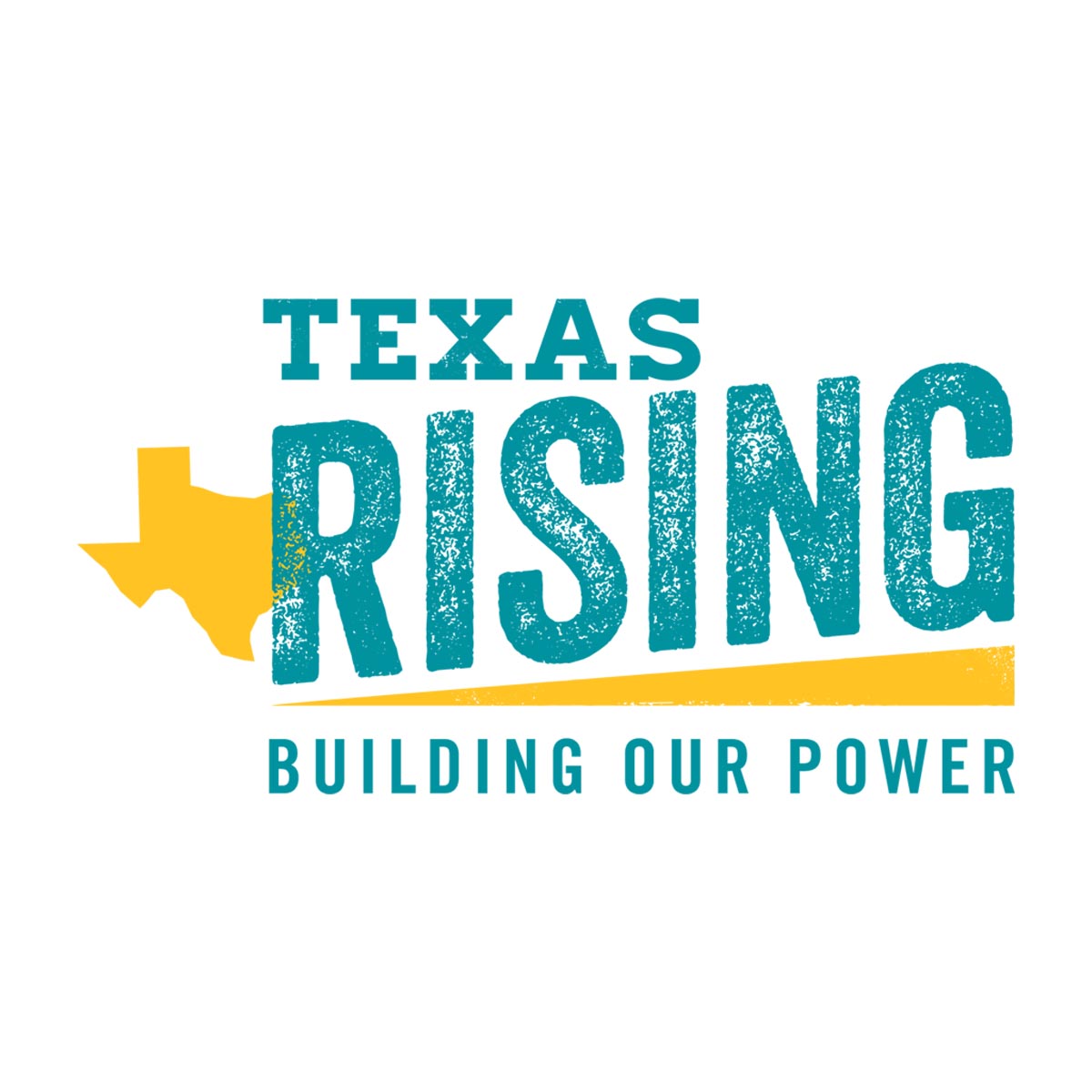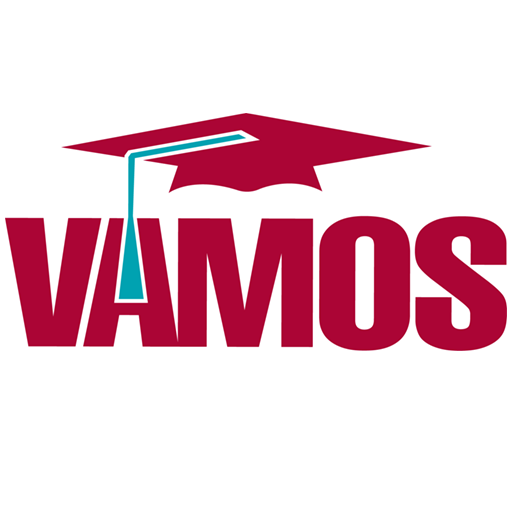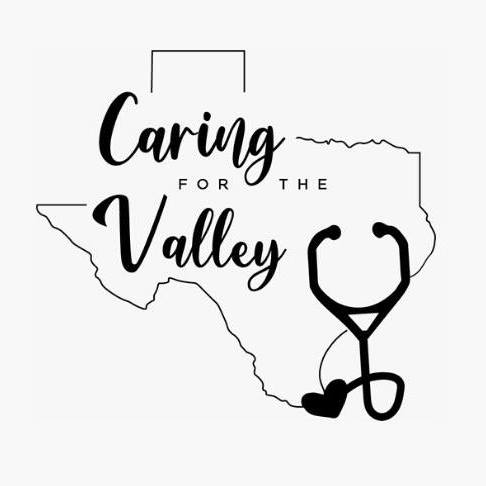Clubs and Organizations
We all have an individual choice to make every day on whether or not we are going to participate in efforts to save our planet and communities. No matter your relationship to UTRGV, we hope you’ll join us in learning about sustainable development, putting ideas into action, and spreading the word about sustainable solutions to our changing world. There are several clubs and organizations at UTRGV that seek to develop a more sustainable atmosphere on campus and in our community. Choose from a variety of environmental issues like endangered species, green energy, green engineering, or societal issues, like gender equality, social justice or zero poverty.
Joining a student organization is a great way to network with like-minded individuals. Joining a Sustainability Related student organization ensures that you and your new friends will be making an impact on the world. If you don't see anything that you are interested in you can search the VLink Student Organization Directory and if you still don't find what you are looking for then lead the way and create your own organization. The process is simpler than you think, and UTRGV will help every step of the way to make sure you exercise your power of advocacy, learn how to start your own organization at UTRGV. You can also and should join external organizations that aim to further the cause of sustainable development. Together with other passionate individuals, you can make a difference. Below are some clubs and some organizations that can help you continue to support sustainable goals during your semesters at UTRGV and after graduation.
External Organizations
American Society of Landscape Architects
American Society of Landscape Architects--Founded in 1899, the American Society of Landscape Architects (ASLA), a 501(c)(6) organization, is the national professional association for landscape architects, representing more than 15,000 members in 49 professional chapters and 72 student chapters. Members of the Society use the “ASLA” suffix after their names to denote membership and their commitment to the highest ethical standards of the profession.
Arbor Day Foundation
The Arbor Day Foundation is a 501(c)3 nonprofit conservation and education organization. Founded in 1972, the centennial of the first Arbor Day observance in the 19th century, the Foundation has grown to become the largest nonprofit membership organization dedicated to planting trees, with over one million members, supporters, and valued partners. The impact we make on our world is accomplished through our conservation and education programs.
The Association for the Advancement of Sustainability in Higher Education (AASHE)
The Association for the Advancement of Sustainability in Higher Education (AASHE) is a non-profit 501(c)(3) membership organization that empowers higher education faculty, administrators, staff and students to be effective change agents and drivers of sustainability innovation. The Campus Sustainability Hub has a wealth of resources for higher education institutions. More information be for student resources.
Engineers for a Sustainable World
ESW is an international network that supports our chapters and benefits our members. We do online short courses and support local faculty, host regional and annual conferences, and coordinate 50+ collegiate and professional chapters. Chapters get leader training, connections to others doing similar projects, best practice guides, and project grants. Chapters are autonomous - they choose their own campus, community, or international projects, and find their own local niche. They're founded by students and professionals that want to implement sustainability and get a name, structure, and resources to make that happen.
Green America
Green America is a national, 501(c)(3) not-for-profit, membership organization founded in 1982 (Formerly known as "Co-op America" until January 1, 2009). Our mission is to harness economic power—the strength of consumers, investors, businesses, and the marketplace—to create a socially just and environmentally sustainable society.
Green Seal
Green Seal provides science-based environmental certification standards that are credible, transparent and essential to helping manufacturers, purchasers and consumers make responsible choices that positively impact business behavior and improve quality of life. Thousands of products and services in hundreds of categories have been certified to meet Green Seal standards. Green Seal provides public education and guidance for creating a more sustainable world.
Habitat for Humanity
Habitat for Humanity partners with people in your community, and all over the world, to help them build or improve a place they can call home. Habitat homeowners help build their own homes alongside volunteers and pay an affordable mortgage. With your support, Habitat homeowners achieve the strength, stability and independence they need to build a better life for themselves and for their families. Through our 2020 Strategic Plan, Habitat for Humanity will serve more people than ever before through decent and affordable housing.
International Society of Sustainability Professionals (ISSP)
Empowering professionals to advance sustainability in organizations and communities throughout the globe. The International Society of Sustainability Professionals (ISSP) is the world's leading professional association of sustainability professionals. We work to make sustainability standard practice through empowering professionals to advance sustainability in organizations and communities around the globe. As a professional association, ISSP improves the skills of sustainability practitioners through education, knowledge sharing, research, and professional credentials.
Texas Commission on Environment Quality
The Texas Commission on Environmental Quality (TCEQ) strives to protect our state's public health and natural resources consistent with sustainable economic development. Our goal is clean air, clean water, and the safe management of waste. The Texas Commission on Environmental Quality is the environmental agency for the state. We have approximately 2,780 employees, 16 regional offices, and a $456 million operating budget for the 2017 fiscal year (including both baseline and contingency appropriations).
Texas Regional Alliance for Campus Sustainability
The Texas Regional Alliance for Campus Sustainability (TRACS) is a network of faculty members, students, and sustainability professionals supporting higher education in Texas by implementing climate change and sustainability solutions across campus operations, academic curriculum, and off-campus fields of influence. TRACS facilitates collaboration between higher education institutions through a variety of means including the Annual TRACS Summit. TRACS is supported by volunteer members representing Texas colleges and universities.
The Sierra Club
Founded by legendary conservationist John Muir in 1892, the Sierra Club is now the nation's largest and most influential grassroots environmental organization -- with more than two million members and supporters. Our successes range from protecting millions of acres of wilderness to helping pass the Clean Air Act, Clean Water Act, and Endangered Species Act. More recently, we've made history by leading the charge to move away from the dirty fossil fuels that cause climate disruption and toward a clean energy economy. For more information, see our Mission Statement and Strategic Plan Overarching Visionary Goals.
United Nations Sustainable Development Platform
On 1 January 2016, the 17 Sustainable Development Goals (SDGs) of the 2030 Agenda for Sustainable Development — adopted by world leaders in September 2015 at an historic UN Summit — officially came into force. Over the next fifteen years, with these new Goals that universally apply to all, countries will mobilize efforts to end all forms of poverty, fight inequalities and tackle climate change, while ensuring that no one is left behind. The SDGs, also known as Global Goals, build on the success of the Millennium Development Goals (MDGs) and aim to go further to end all forms of poverty.
US Green Building Council
The U.S. Green Building Council (USGBC) is committed to transforming the way our buildings are designed, constructed and operated through LEED — the top third-party verification system for sustainable structures around the world. Home for the LEED, or Leadership in Energy and Environmental Design, is changing the way we think about how buildings and communities are planned, constructed, maintained and operated. Leaders around the world have made LEED the most widely used third-party verification for green buildings, with around 1.85 million square feet being certified daily. USGBC is a nonprofit organization.
World Wildlife Fund
For 50 years, WWF has been protecting the future of nature. The world’s leading conservation organization, WWF works in 100 countries and is supported by more than one million members in the United States and close to five million globally. WWF's unique way of working combines global reach with a foundation in science, involves action at every level from local to global, and ensures the delivery of innovative solutions that meet the needs of both people and nature.
Zero Waste
The U.S. Zero Waste Business Council mission is to educate, inform and document the performance of Zero Waste Businesses using scientific methods to help businesses and communities become more healthy and sustainable. The U.S. Zero Waste Business Council will create a solid foundation that advances the integrity and credibility of Zero Waste. Zero Waste businesses save money, are more efficient, manage risk, reduce litter and pollution, cut greenhouse gases, reinvest resources locally, create jobs and add more value for their business and the community.
